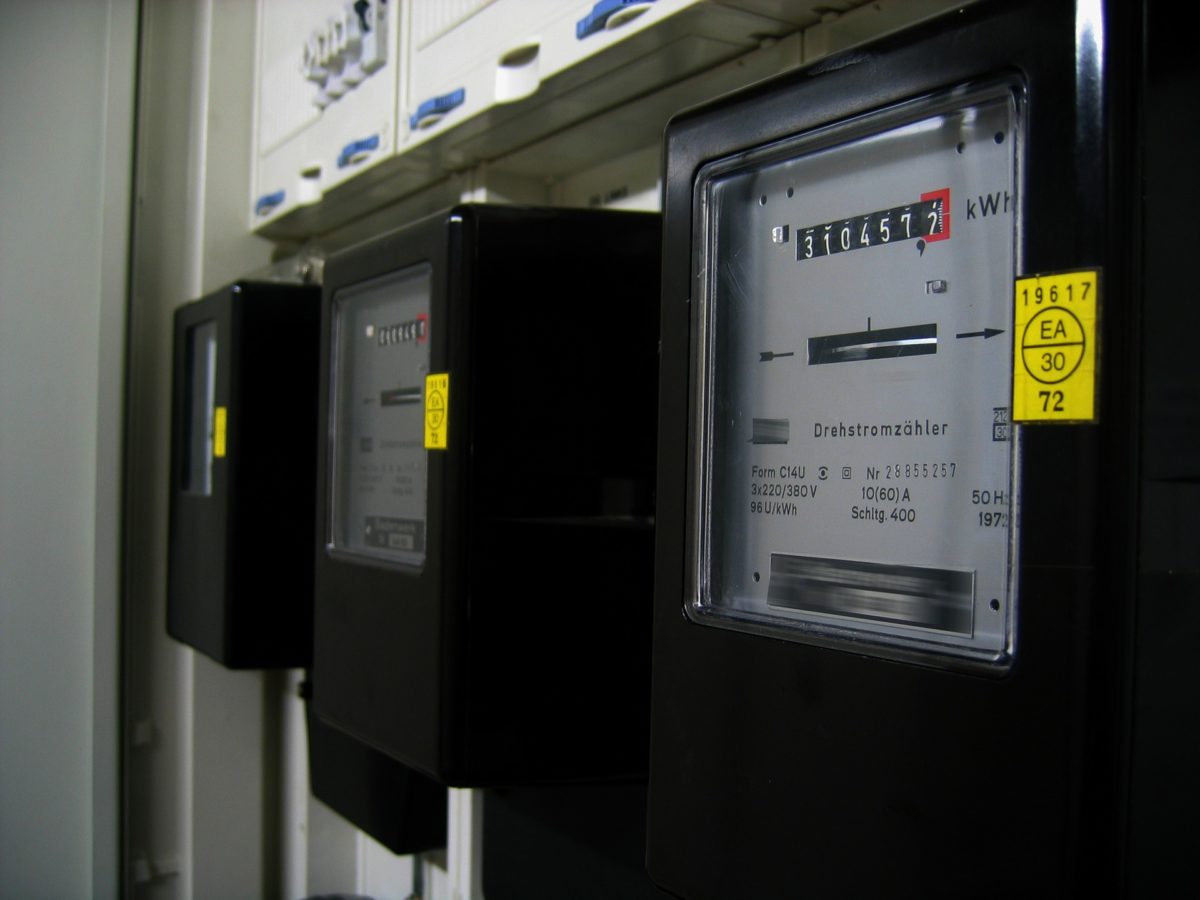In an open letter to Norbert Hofer, Austria's Minister for Transport, Innovation and Technology, Mariya Gabriela, European Commissioner for Digital Economy and Society, and Miguel Arias Cañete, European Commissioner for Climate Action and Energy, a coalition of European trade associations comprising Eurelectric, smartEn, SolarPower Europe, heat pump association EHPA and the metering industry ESMIG, have voiced concern over the current draft ePrivacy Regulation of the EU.
In the letter, the coalition points out, “Almost all innovative business models in the energy sector are based on the processing of consumptions, condition, and measurement data, collected by a wide variety measuring devices.”
These devices are not limited to smart meters, but also include smart energy management systems, smart charging applications, as well as multiple smart home appliances. While such systems are lauded as an enabler of the energy transition, because they can flexibly integrate renewable energy, or provide grid services and boost self-consumption, they also require large data sets to function.
With the EU Council currently in talks to update the EU’s digital privacy regulations, the coalition warns that the currently debated text is tailored to the protection of personal data on various social media platforms, or other online services. Data collection and treatment by the energy sector should, however, not be conflated with data protection for using online applications. The language of the current draft will have broader implications on the energy sector, which industry and politics should consider.
“According to Article 8 of the current draft of the ePrivacy Regulation, information from the end user’s terminal equipment may only be collected and processed under the strictest conditions. Importantly, these restrictions are not only limited to personal data but even extend to factual and business data,” argue the authors of the letter. They say Article 8 would cover nearly the entirety of innovative developments in the energy industry, without making sector-specific exceptions.
The letter refers to the EU General Data Protection Regulation (GDPR), saying that it allows for data processing on the grounds that it is necessary for the performance of a contract that has been closed with an end user.
Moreover, the coalition points to the ruling to obtain consent to process data from terminal equipment: If consent were to be revoked by end users, it would work to the effect of terminating a contractual relationship without notice. This would necessitate a rendering of current business models, to the detriment of the proliferation of such technologies. At the same time, new consent would need to be obtained for any innovation that processes a new data set. This makes adoption rates unforeseeable and, thus, impedes progress in these fields.
To overcome these textual constraints, the authors suggest limiting the scope of Article 8 to cookies only and not to all terminal equipment. Additionally, Articles 6 and 11 should be amended to include the GDPR, to allow for exceptions in specific circumstances. Finally, exception regulations for the purposes of environmental protection, climate protection and security of energy supply should be formulated.
“In summary, while we recognize the importance of e-privacy, this should not hamper innovative solutions that are crucial to the energy transition, particularly where it concerns business data as opposed to personal data. Where it does concern personal data, certain exemptions are needed for their parties to fulfill their contractual obligations to their customers,” the letter concludes.
This content is protected by copyright and may not be reused. If you want to cooperate with us and would like to reuse some of our content, please contact: editors@pv-magazine.com.




1 comment
By submitting this form you agree to pv magazine using your data for the purposes of publishing your comment.
Your personal data will only be disclosed or otherwise transmitted to third parties for the purposes of spam filtering or if this is necessary for technical maintenance of the website. Any other transfer to third parties will not take place unless this is justified on the basis of applicable data protection regulations or if pv magazine is legally obliged to do so.
You may revoke this consent at any time with effect for the future, in which case your personal data will be deleted immediately. Otherwise, your data will be deleted if pv magazine has processed your request or the purpose of data storage is fulfilled.
Further information on data privacy can be found in our Data Protection Policy.